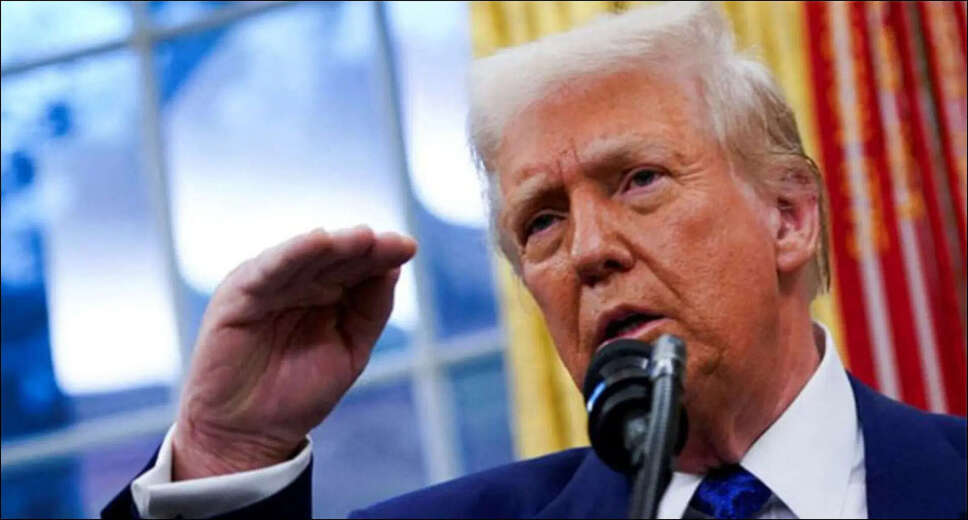New Visa Interview Suspension for International Students Under Trump Administration

Suspension of Visa Interviews
The Trump administration has issued new directives to U.S. embassies worldwide, leading to an immediate suspension of new appointments for student (F), professional (M), and exchange visitor (J) visa interviews. This action is part of a broader initiative to implement mandatory social media screenings for foreign students. This information was revealed in a report by a news media outlet, citing documents signed by U.S. Secretary of State Marco Rubio.
Details of the New Policy
The documents clarify that no new visa interview appointments for students or exchange visitors should be scheduled until further notice, as preparations for the expanded social media screening are underway. The order indicates that the U.S. government is gearing up for a thorough examination of the digital activities of foreign students. However, specifics regarding the focus of these new investigations have yet to be disclosed.
Underlying Motives
According to the report, the roots of this new policy lie in counter-terrorism measures and executive orders addressing anti-Semitism. It is believed that this decision was influenced by recent protests on U.S. campuses regarding Israel and Gaza, which saw significant participation from foreign students. Last year, the Trump administration had already subjected some students to social media screenings linked to protests against Israel. Tammy Bruce, spokesperson for the U.S. State Department, emphasized that the government does not publicly comment on individual visa cases or decisions made regarding them.
Impact on U.S. Universities
Experts warn that this decision could have serious financial implications for American universities. The Institute of International Education reported that over 1.1 million international students were enrolled in the U.S. for the 2023-24 academic year. Additionally, the National Association of Foreign Student Advisors (NAFSA) noted that these students contribute $43.8 billion to the U.S. economy and support approximately 378,000 jobs. Such restrictions could adversely affect not only the students but also the universities' revenues and local employment.
Targeting Harvard University
Recently, the Trump administration has taken stringent actions against Harvard University, attempting to revoke its authority to admit foreign students, claiming the university has become too lenient and is promoting anti-Semitic sentiments. However, a federal court quickly intervened to halt this decision. Following this, Trump requested a list of all foreign students from Harvard, asserting that these students contribute nothing to the U.S. education system and merely take advantage of it.
Concerns Among Students and Universities
This decision has sparked anxiety among millions of students preparing to come to the U.S. The visa process is already lengthy, and the addition of social media screenings could complicate and prolong it further. Students from countries like India, China, Korea, Brazil, and Nigeria form a crucial part of the U.S. higher education system. Experts believe that if this trend continues, it could jeopardize America's position as a global leader in education.
